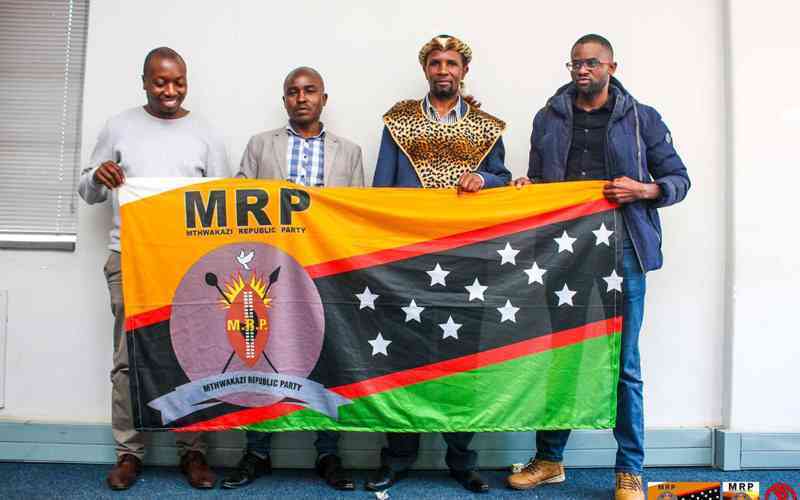
IT was clear from the early 90s that there was a paradigm shift in government policies.
The Economic Structural Adjustment Programme (Esap) was supposedly meant to contain government expenditure. The International Monetary Fund (IMF)’s prescription for overspending was to remove subsidies on health, education and other social ministries. Retrenchments were suggested, yet the programme dismally failed.
When Esap failed to deliver the desired results, the government temporarily shelved the neoliberal programme. The late Chenjerai Hunzvi together with war veterans pressurised the government to grab white-owned farms.
In fact, Hunzvi spearheaded the farm invasions with the government being frog-marched into the grabbing spree.
The trail of displacement had begun. Farm labourers were left homeless and incomeless. From farms, the next victims were industries and retailers.
Factories and retailers were forcefully taken. The Barcossi era saw State-sponsored hooligans looting supermarkets of the little stocks they had.
As if this was not enough, the onslaught spread to the labour movement. Trade union leaders were brutalised. Union members were clandestinely transferred to rival union membership registers.
Then came the collapse of the Zimbabwe dollar, money burning and bearer’s cheques.
- Chamisa under fire over US$120K donation
- Mavhunga puts DeMbare into Chibuku quarterfinals
- Pension funds bet on Cabora Bassa oilfields
- Councils defy govt fire tender directive
Keep Reading
The inclusive government brought some relief as food stuffs began trickling into supermarkets. A semblance of normalcy prevailed.
Unfortunately, the inclusive government abruptly came to an end in the mid-year 2013. The general election followed, which was overwhelmingly won by Zanu PF.
ZimAsset was the flagship in the ruling party’s manifesto.
Invasions have not managed to transfer wealth from investors to the generality of Zimbabweans.
Desperate attempts are being made to build bridges with neoliberalism. This is evidenced by the government and its appendages calling for labour market liberalisation and productivity-linked wages. All this is done in the name of appeasing capital which has had a rough bruising in the hands of the government.
The government is desperately in need of international credit facilities.
On the other hand, happenings on the ground do not attract foreign investment, for example, the ownership ratio between foreign investors, locals through the Indigenisation Act.
The biggest problem with our government is failure to consult. The Reserve Bank of Zimbabwe (RBZ) invaded both business and individual bank accounts.
When the local currency collapsed, business, individual bank accounts and pensions were wiped off.
The RBZ is offering only $5 per lost account, regardless of the value of each account, again this was unilaterally arrived at.
ZimAsset is being pushed down people’s throats, no buy-in was enlisted. In desperation, the government is now introducing results-based contracts, salary cuts, retrenchments and many other adverse interventions.
Employment contracts are governed by the Labour Act, chapter 28:01 and as such cannot be breached willy nilly. Any changes that go to the core of an employment contract, must be negotiated at a works council, as opposed to giving directives.
In all these above enumerated injustices, the nation has remained mum, giving a wrong signal to the government that all was well. The Chikurubi Maximum Prison food riots, Maleme Farm resistance and Chingwizi camp disgruntlement need to be escalated into a wide scale of disapproval of the current status quo.
The Master and Servant Act of 1934 made a worker the property of the employer. Juxtaposedly, Zimbabweans have become properties of the State. Citizens cannot decide on how they want to be governed.
Workers are being denied the right to bargain for their labour. They helplessly watch their jobs contractised, their slave salaries slashed.
Indeed this is primitive accumulation of wealth by a black government against its own kith and kin. Amazing!
The government must be made accountable in terms of sections 48, 51, 50 and 60 of the Constitution to respect right to life, human dignity, freedom of association and assembly, conscience and other freedoms.
Zimbabweans must close ranks and confront injustices.
Feedback: E-mail: [email protected]










